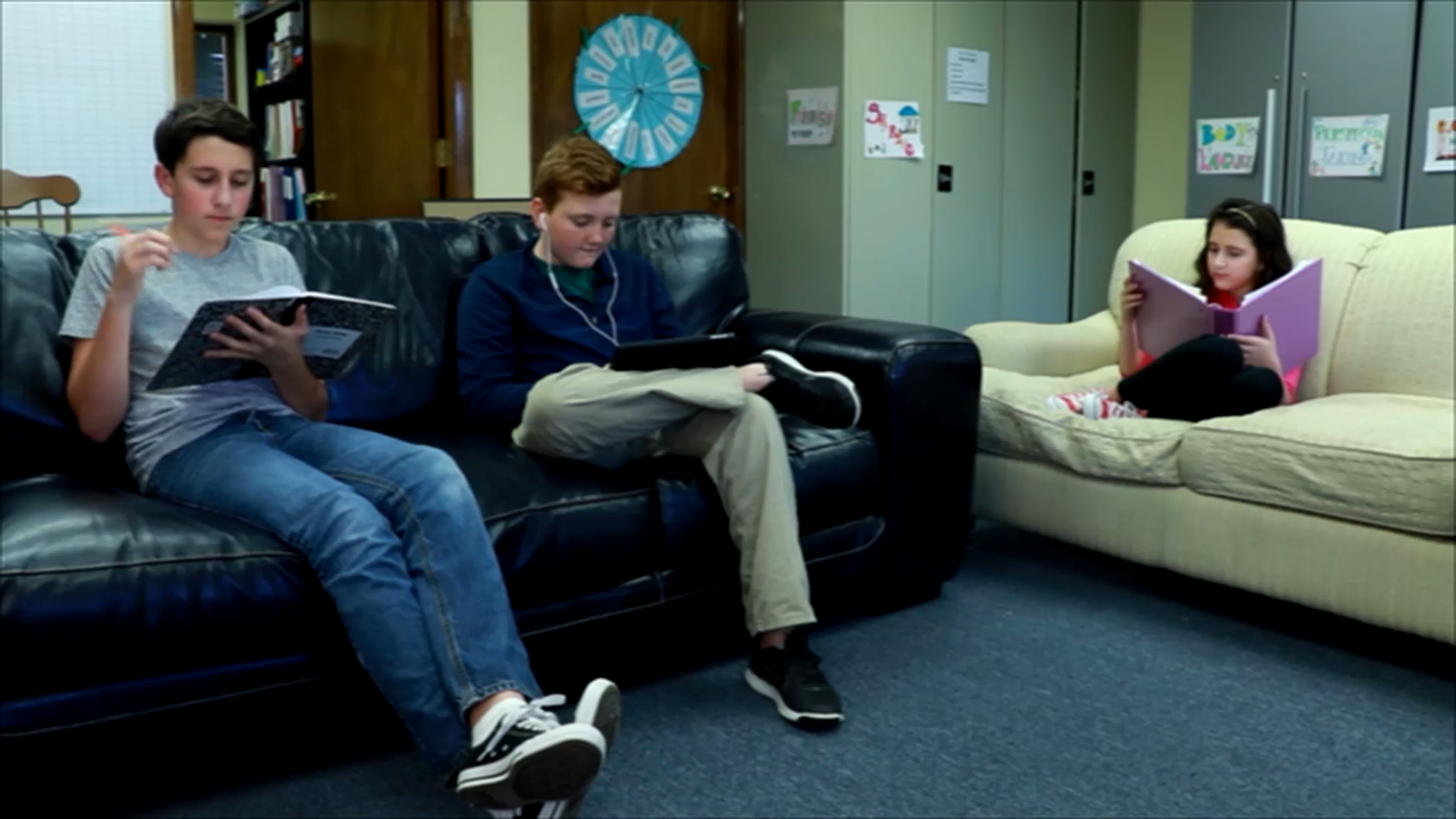In today’s world, it is essential for students to develop strong social skills that will enable them to interact effectively with peers and adults. One important aspect of social-emotional learning is the ability to “read the room” – to observe and analyze the social environment in order to adapt one’s behavior and actions accordingly. This blog post will provide an overview of this essential skill, a no-prep activity for educators, discussion questions, related skills, and next steps for further exploration.
Introduction
Reading the room is a crucial skill that involves being aware of the social context, understanding the emotions and intentions of others, and adjusting one’s behavior to fit the situation. This skill is particularly important for students in special education, as they may have unique challenges in interpreting social cues and adapting their actions. Developing the ability to read the room can lead to improved social interactions, increased confidence, and a greater sense of belonging for these students.
No-Prep Activity: The Observation Game
This simple activity will help students practice reading the room by encouraging them to observe their surroundings and make decisions based on what they see. No materials or preparation are required.
- Have the students sit in a circle or around the room.
- Ask the students to close their eyes and take a few deep breaths to focus their attention.
- Next, have the students open their eyes and observe the room silently for one minute. Encourage them to notice the people, objects, and activities taking place.
- After the minute has passed, ask the students to share their observations, focusing on the emotions and intentions of others in the room.
- Discuss the observations as a group and identify any patterns or common themes. This can help students understand how their actions might affect others and how they can adapt their behavior accordingly.
Discussion Questions
- Why is it important to read the room before engaging in a social interaction?
- What are some examples of situations where reading the room might be especially important?
- How can understanding the emotions and intentions of others help improve our social interactions?
- What strategies can we use to become better at reading the room?
- How does reading the room relate to empathy and understanding the perspectives of others?
Related Skills
Reading the room is just one of many essential social-emotional skills that students should develop. Other related skills include:
- Active listening: Paying close attention to what others are saying, asking clarifying questions, and responding appropriately.
- Empathy: Putting oneself in another person’s shoes and understanding their feelings, thoughts, and needs.
- Nonverbal communication: Interpreting and responding to body language, facial expressions, and gestures.
- Social problem-solving: Identifying and resolving conflicts or misunderstandings in a constructive manner.
Next Steps
Teaching students to read the room is an important step in fostering their social-emotional growth. By incorporating this skill into your curriculum, you can help students better understand and navigate the complexities of social interactions. To explore more activities and resources for teaching social-emotional skills, we invite you to sign up for free sample materials at Everyday Speech. These resources can support your efforts in fostering a more inclusive and supportive learning environment for all students.






